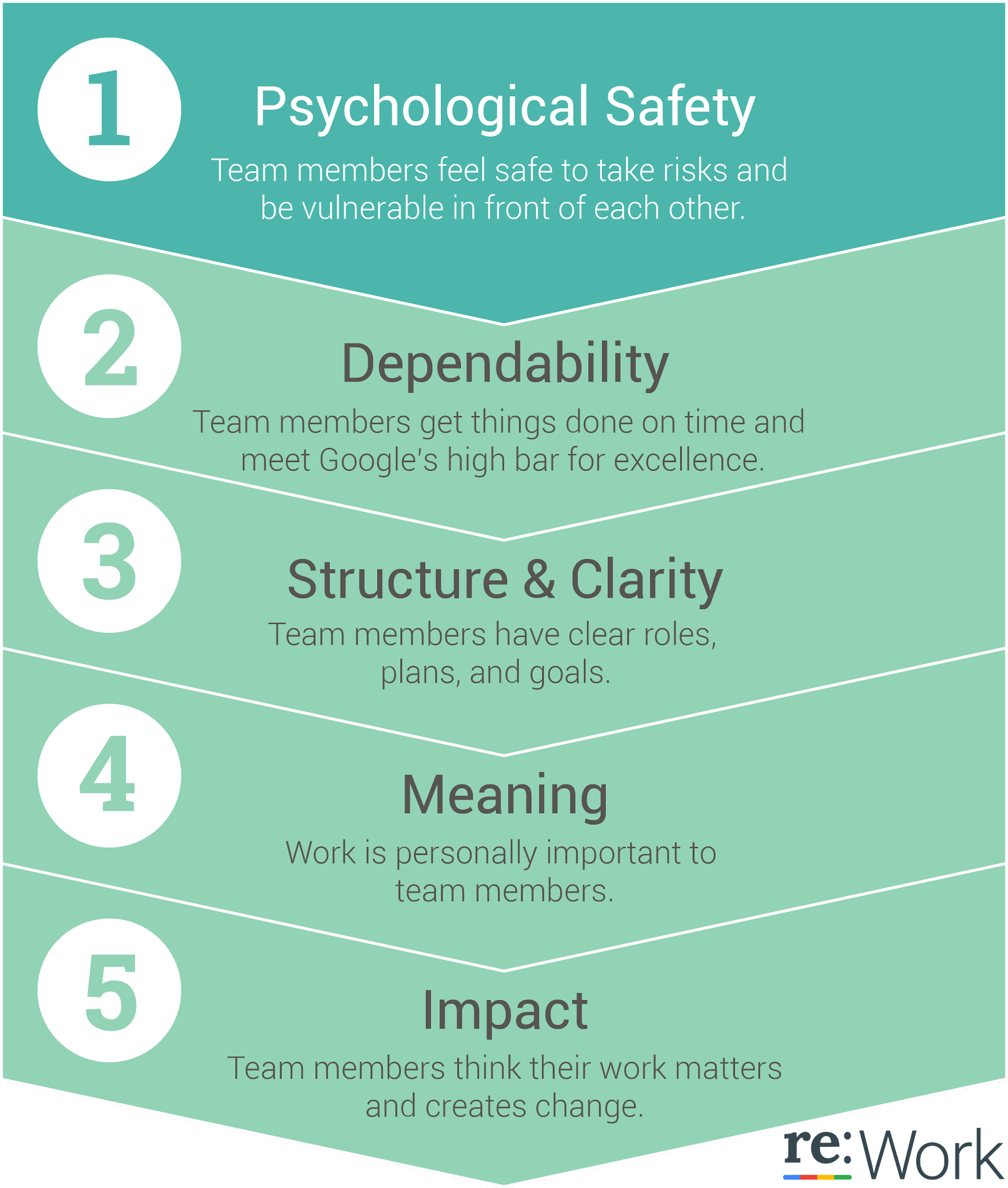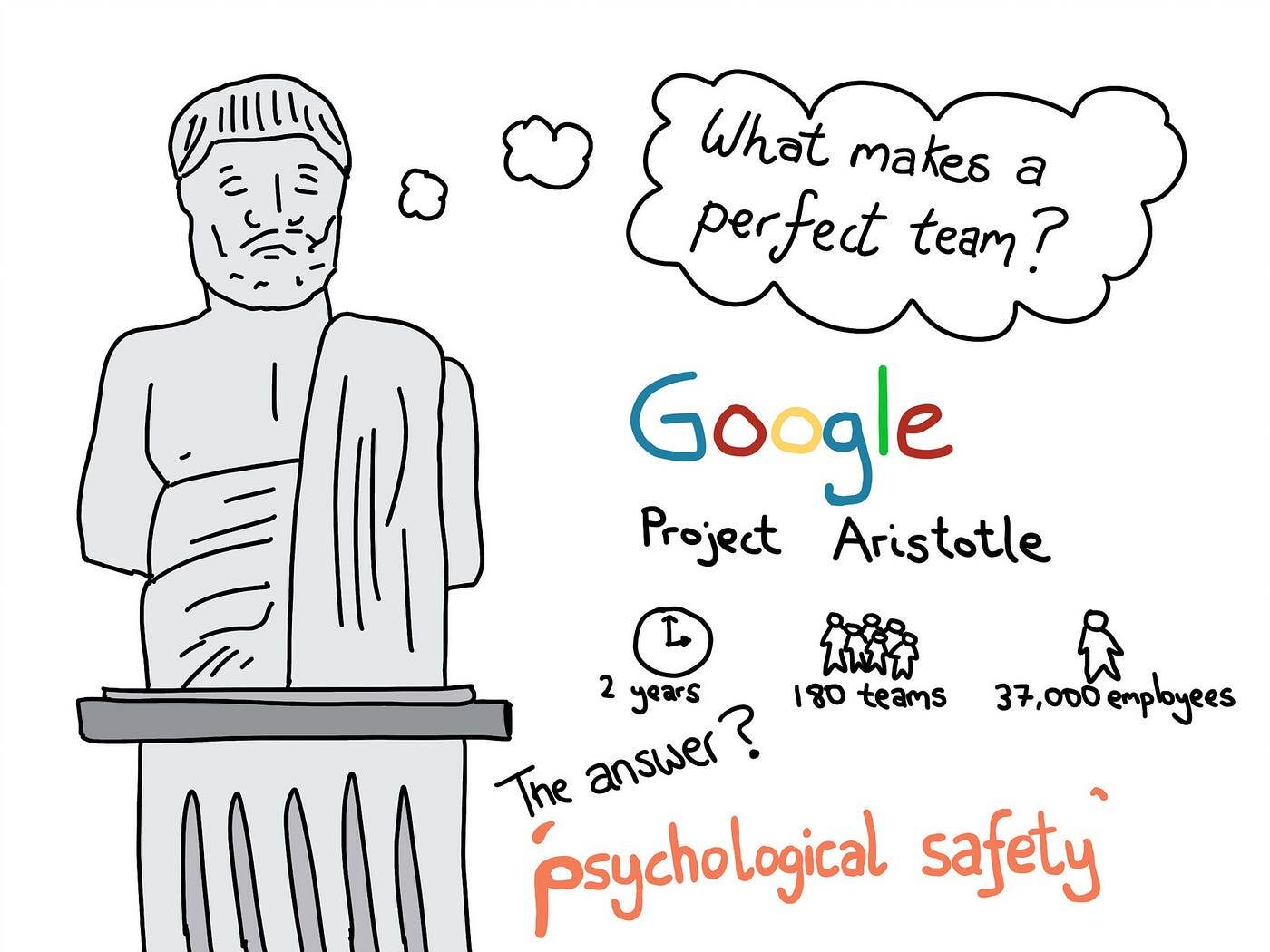Are you fostering a culture which prioritises psychological safety?
Beami can facilitate training to support leadership. Send an email for more information [email protected]
What do you think makes a great team? When we think of the traits of a great team we often think of shared vision, great communication and strong relationships. Google conducted an extensive two-year study into the core components of creating a great team and they discovered being ‘psychologically safe’ came in the number one position.
In Silicon Valley, software engineers are encouraged to work together, in part because studies show that groups tend to innovate faster, see mistakes more quickly and find better solutions to problems. Studies also show that people working in teams tend to achieve better results and report higher job satisfaction. In a 2015 study, executives said that profitability increases when workers are persuaded to collaborate more. Within companies and conglomerates, as well as in government agencies and schools, teams are now the fundamental unit of organization. If a company wants to outstrip its competitors, it needs to influence not only how people work but also how they work together. New York Times - What Google Learned From Its Quest to Build the Perfect Team
Following the success of Google’s Project Oxygen research into what makes a great manager, Google researchers went on to explore the components of effective teams. Google conducted an extensive two-year study on what makes a great team. "Code-named Project Aristotle - a tribute to Aristotle’s quote, "the whole is greater than the sum of its parts" (as the Google researchers believed employees can do more working together than alone) - the goal was to answer the question: “What makes a team effective at Google?”
Traditional thinking has always focused on values, vision and communication.
A great team is one that works collaboratively towards a shared goal, fosters an environment of trust and respect, communicates effectively, embraces diversity and inclusion, and holds each other accountable.
Source: re:work (re:Work is a collection of practices, research, and ideas from Google and others to help you put people first.)


Beami can facilitate training to support leadership. Send an email for more information [email protected]
Emotional intelligence, in our opinion, is one of the most important things you could ever learn.